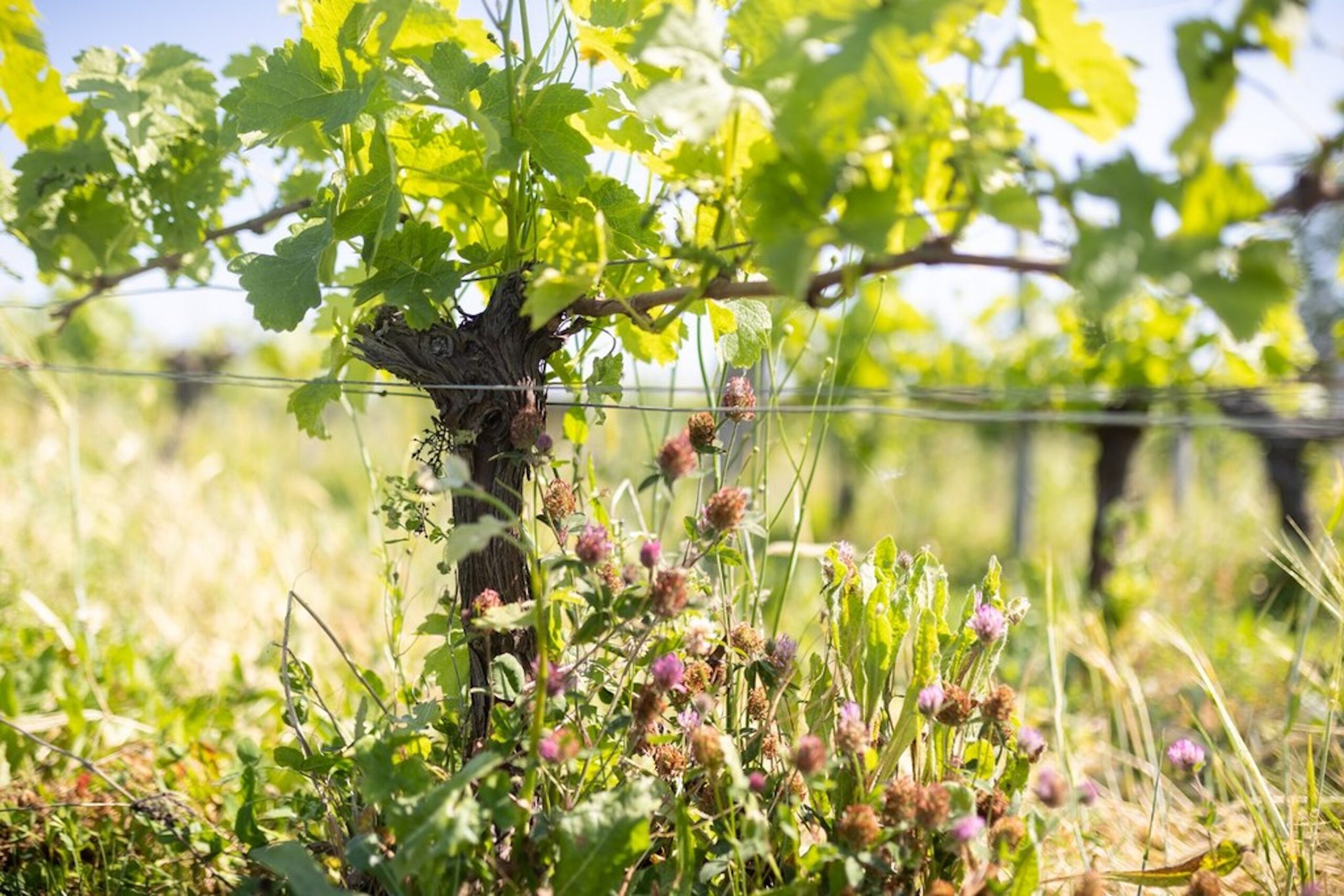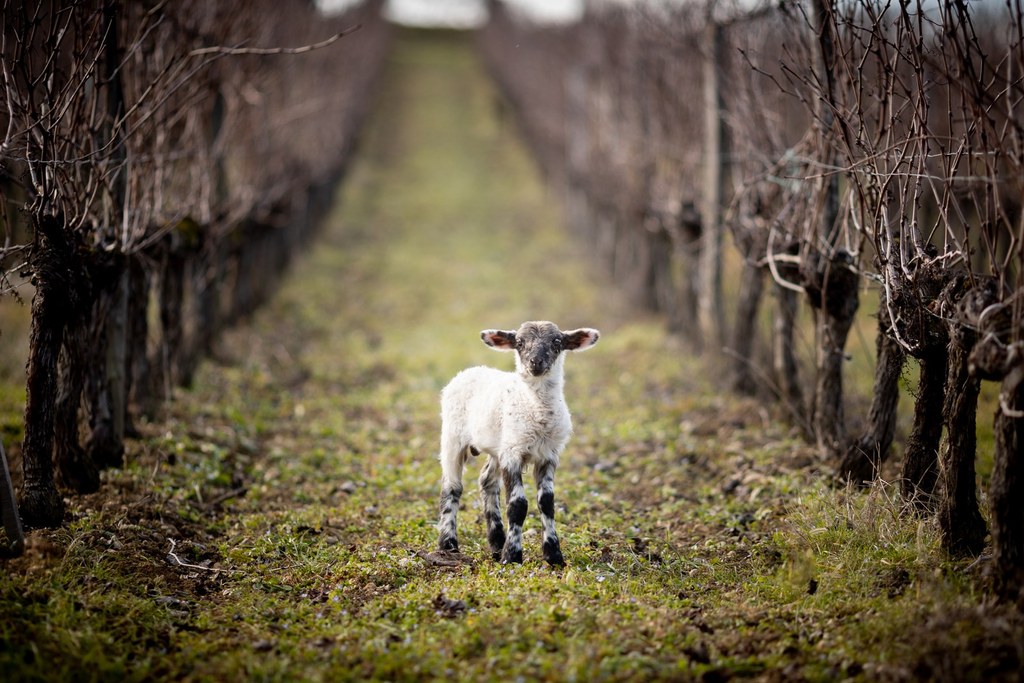


Living & fertile soils
As the foundation of agricultural production and agroecology, soil is one of the most important reservoirs of biodiversity.
A healthy soil is a “naturally fertile” soil, thanks to the microbial activity it may contain, as well as to the vegetation maintained or cultivated within it.
A living, fertile soil contributes not only to production, but also to the reduction of climate change impacts by regulating greenhouse gas emissions and sequestering carbon in the soil.
In this context, the Saint-Emilion Wine Council assists winegrowers in introducing plant cover and green manures to improve the biological quality of their soils.
The meetings between technical experts, scientists and winegrowers are very fruitful, providing a better understanding of how the soil works, the successes and pitfalls to be avoided.
Field workshops cover topics such as soil diagnosis (using simple, rapid tools), flora recognition, weed characterization and canopy management…
Sheep and ewes are becoming increasingly common in the Saint-Emilion vineyards, as a natural way of maintaining the soil in the vineyard plots, while at the same time integrating a human and environmental dimension. Shepherds and winegrowers meet and create a relationship that benefits both parties: the shepherd secures a grazing area for his flock, with quality grass, for the period from October to March, and the winegrower saves precious time by dispensing with the use of machinery and herbicides to maintain the land, while ensuring a supply of organic matter for richer, more fertile soil.
Did you know? A flock of 70 sheep consumes 1.5 hectares of grass per week.
The hilly topography of the Saint-Emilion vineyards means that the herds can be used throughout the season. This environmentally-friendly practice adds to the appeal of our vineyards for visitors, who can come across the animals on their strolls through these World Heritage sites.
